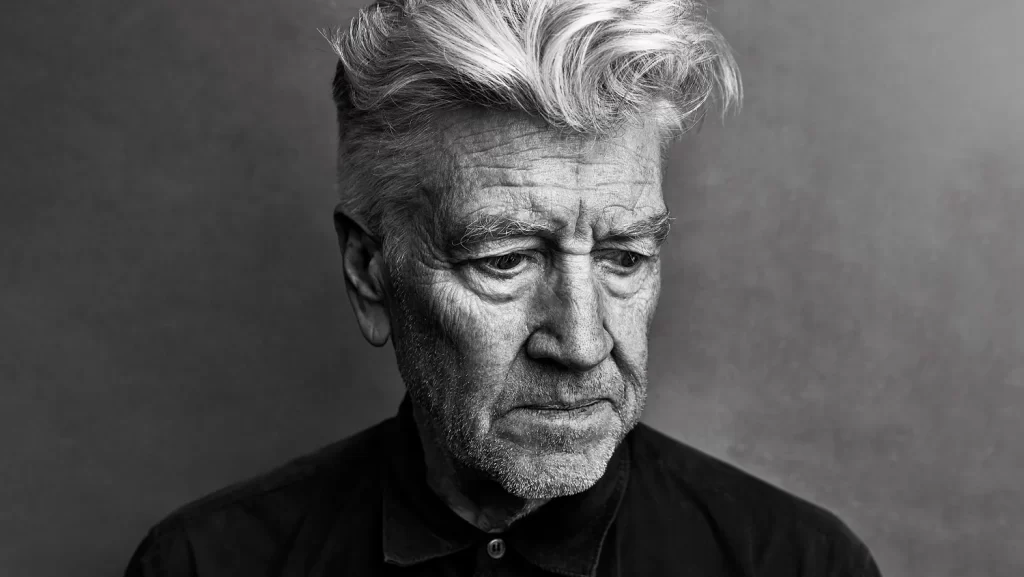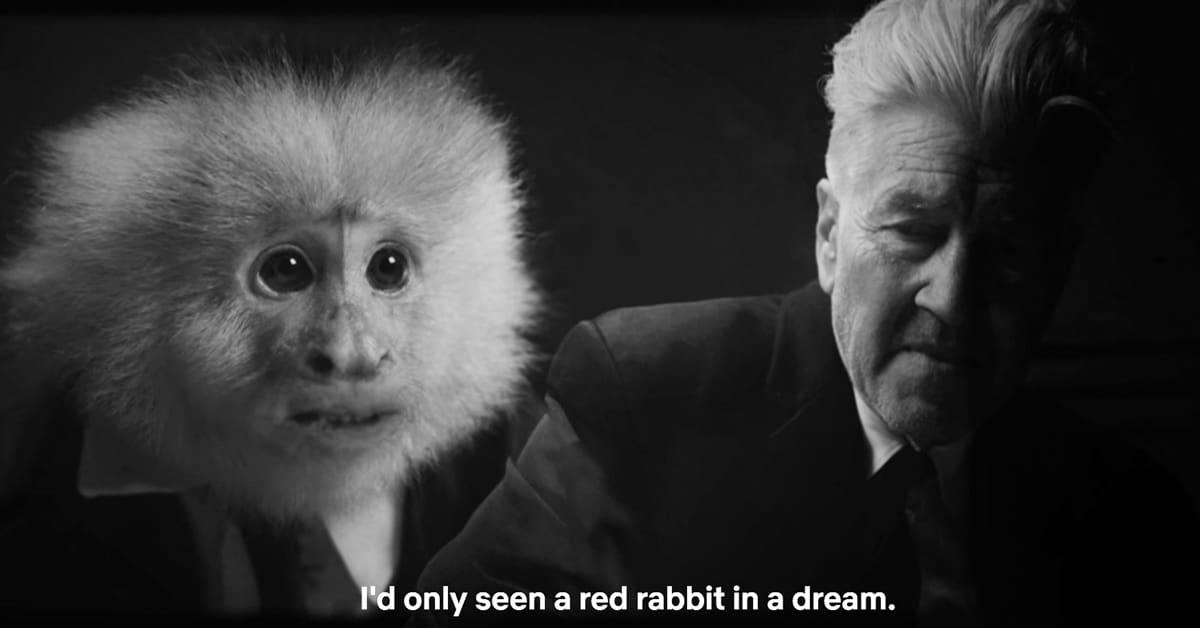
Nightmares.
David Lynch turned them into art. Not the kind you admired from a safe distance, but the kind that pulled you in, shook you up, and left you questioning what you had just experienced.
My first Lynch encounter was in high school. I went to a midnight showing of Eraserhead with my best friend. I didn’t know who Lynch was, didn’t know what the film was about, and didn’t care. We were bored, and it sounded strange enough to be fun.
What I didn’t expect was to walk out of that theater feeling like I’d just woken from the worst dream of my life.
It was disturbingly genius. The strange baby, the relentless soundscape, the suffocating atmosphere—it all left a mark.
Lynch didn’t just tell stories. He made you feel them. That’s when I realized his films weren’t casual viewing.
You didn’t throw on a Lynch film the way you might a comedy or even a thriller. You had to be in the right mood. You had to be ready to let him take you wherever he wanted, no matter how dark, strange, or unsettling the journey.
Years later, I saw Blue Velvet. It wasn’t just Lynch’s best film—it was one of the best films I had ever seen.
It started simply: a severed ear found in a field. But nothing was simple in Lynch’s world. That ear was like the start of a bad drug trip, one you couldn’t escape.
The idyllic suburban façade crumbled fast, revealing a world of darkness and depravity. It was horrifying, but it was also mesmerizing. Lynch’s use of light and shadow, his juxtaposition of innocence and corruption, and that unforgettable performance by Dennis Hopper as Frank Booth—it all felt like a perfect storm of filmmaking.
What made Lynch unique was his refusal to explain. He didn’t hold your hand or give you easy answers.
His films were like puzzles missing just enough pieces to keep you guessing forever. In Blue Velvet, you never fully understood Frank or his madness, but you felt the terror he brought. In Eraserhead, the grotesque baby and the oppressive industrial wasteland defied logic, yet they burrowed into your psyche and lingered there.
Lynch didn’t just make movies. He crafted experiences. They were visceral, disorienting, and unforgettable.
Whether it was the hypnotic unease of Twin Peaks, the raw terror of Mulholland Drive, or the surreal poetry of The Elephant Man, his work pushed boundaries and shattered expectations.
He showed us that nightmares had their own beauty. And for that, we’ll always be uneasily grateful.



